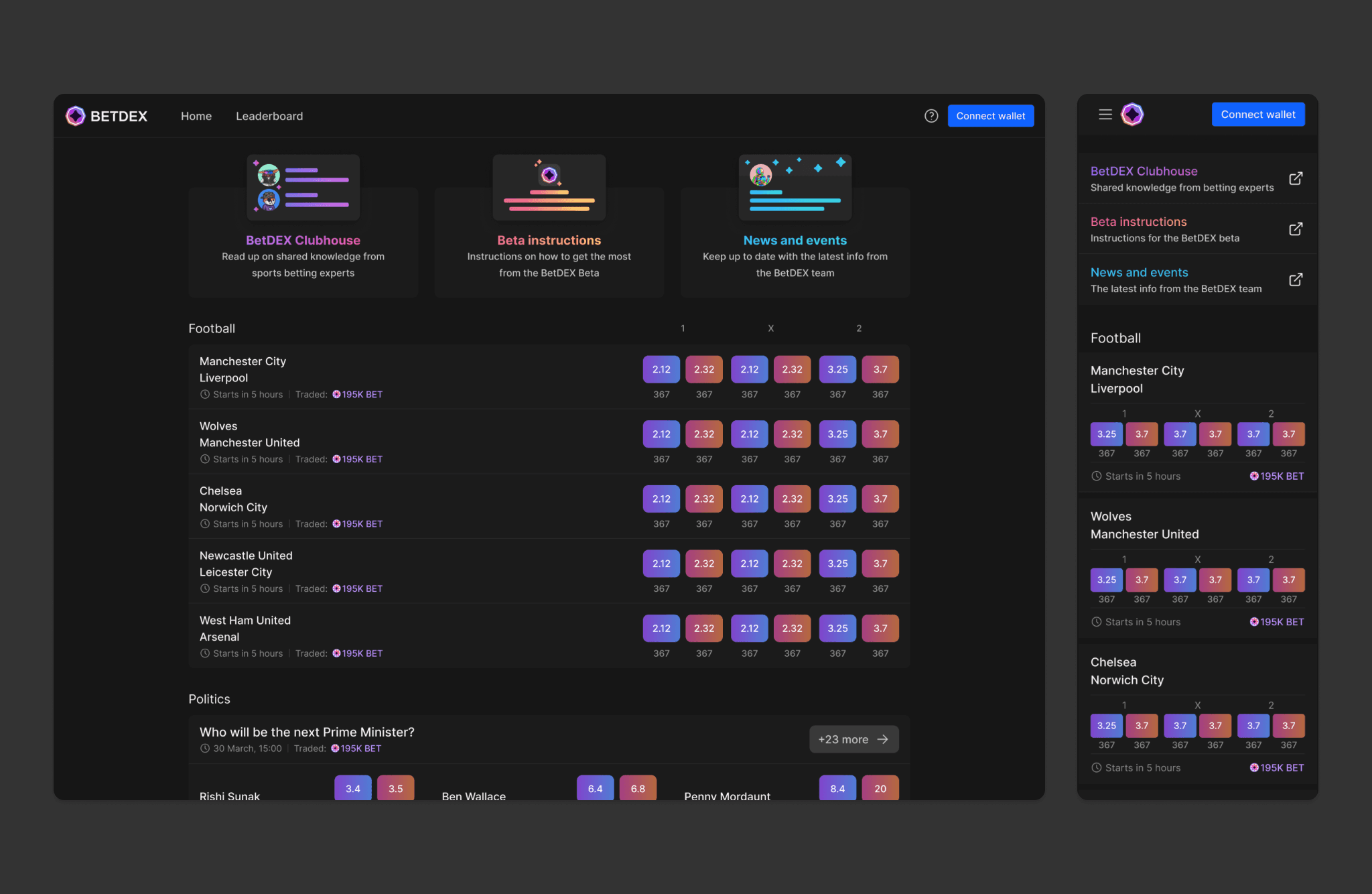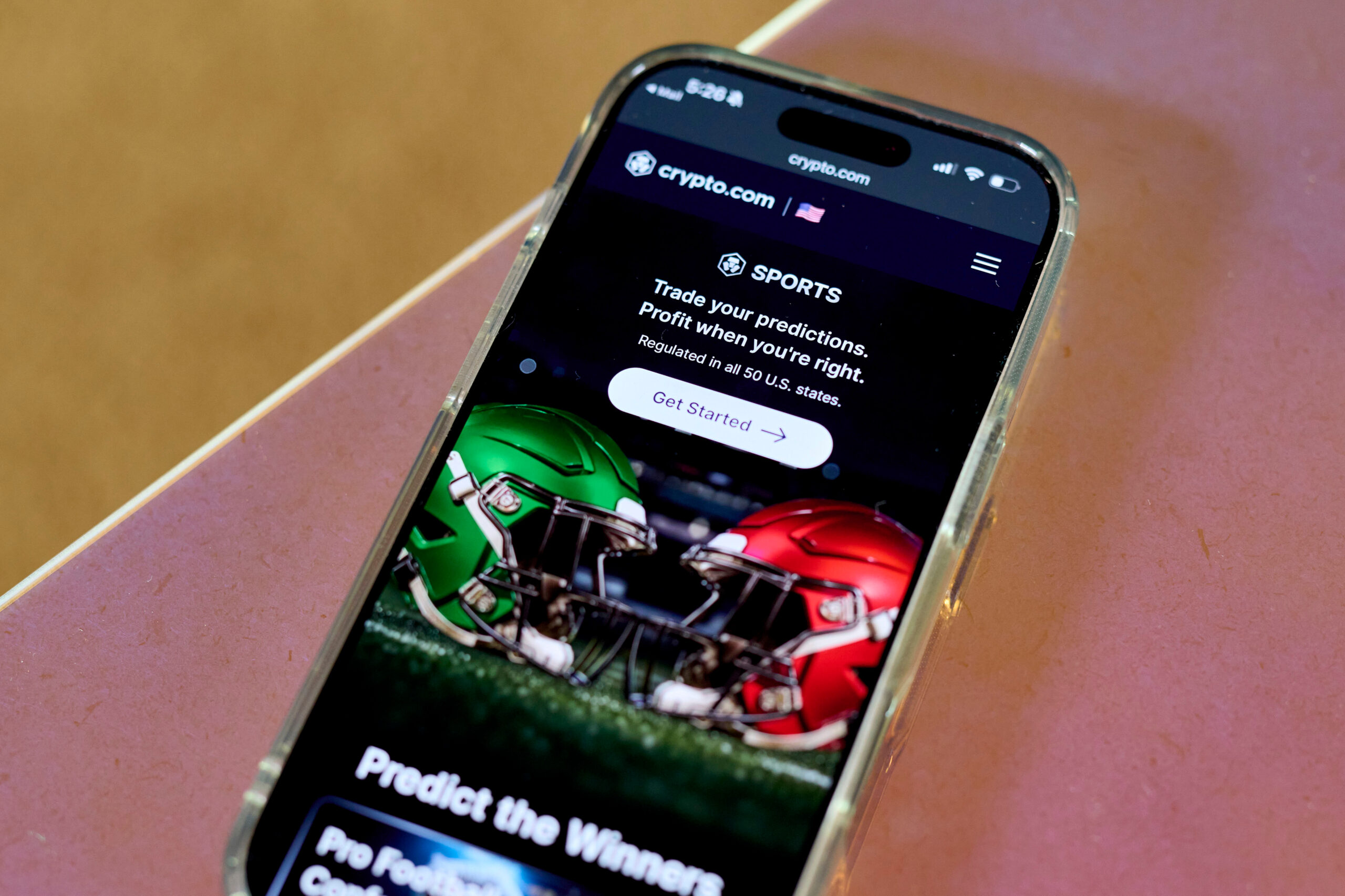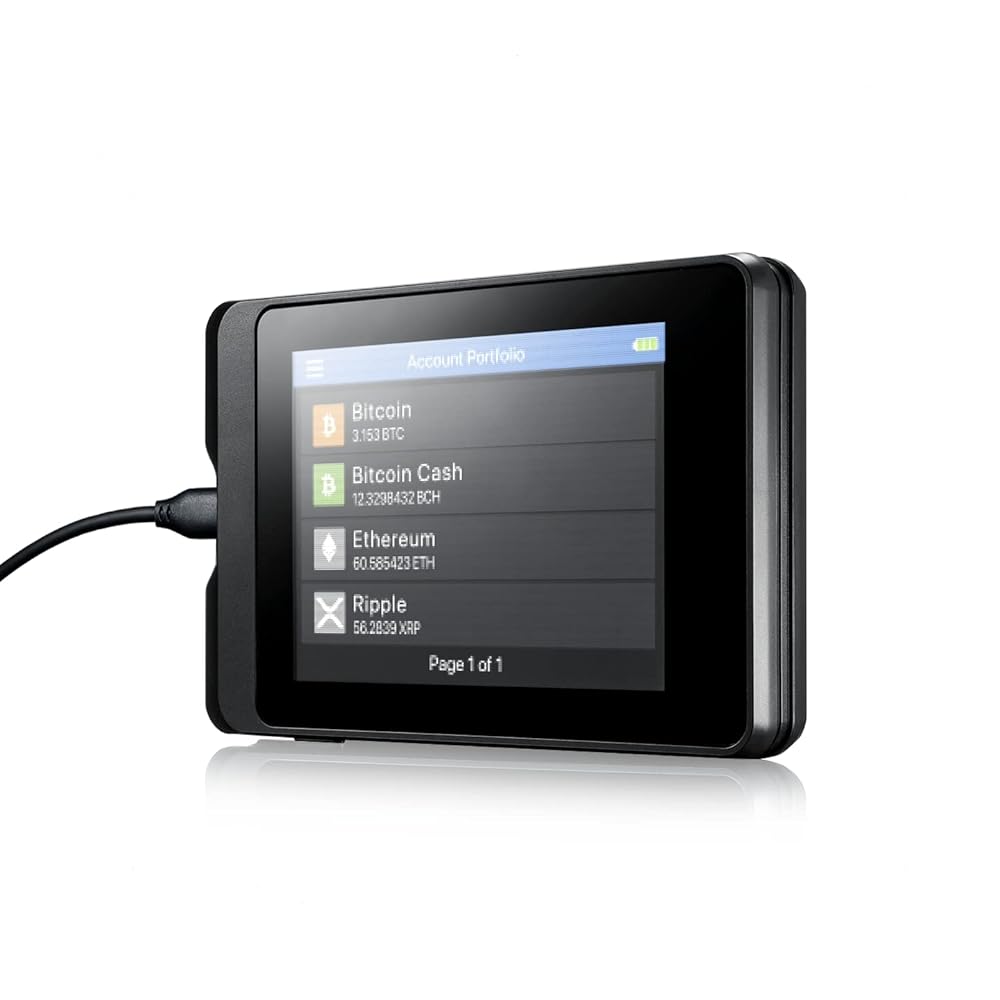How Blockchain Prediction Markets Are Changing Sports Betting

Blockchain technology is rapidly redefining the landscape of sports betting, shifting the paradigm from centralized bookmakers to decentralized, peer-to-peer prediction markets. This transformation is not merely technical; it’s fundamentally altering how bettors engage with sports outcomes, access markets, and trust the systems they use. As platforms like Polymarket and BetDEX gain traction, the era of blockchain sports betting is moving from niche curiosity to mainstream adoption.

What Makes Blockchain Prediction Markets Different?
Traditional sports betting relies on intermediaries – sportsbooks or casinos – that set odds, hold funds, and settle bets. These entities often charge high fees (up to 10%), restrict access by geography or regulation, and require trust in their internal processes. In contrast, onchain sports betting leverages smart contracts on public blockchains to automate bet placement, escrow, and payout with minimal human intervention.
This shift brings several key advantages:
Top 3 Benefits of Decentralized Sports Betting
-

Unmatched Transparency and Security: Decentralized sports betting platforms like Polymarket and BetDEX operate on public blockchains, ensuring every bet and payout is recorded immutably. This transparency allows users to independently verify odds, outcomes, and transaction histories, dramatically reducing the risk of manipulation or fraud.
-

Lower Fees and Instant Transactions: By removing traditional intermediaries, blockchain platforms such as BetDEX and Moonopol offer transaction fees as low as 1%, compared to the 10% often charged by legacy bookmakers. Smart contracts enable near-instant payouts, giving users faster access to their winnings.
-

Global Accessibility and Fewer Restrictions: Platforms like Underdog (in partnership with Crypto.com) allow users from regions with limited or no legal sports betting options—such as California, Texas, and Florida—to participate in compliant prediction markets. Blockchain removes many geographic and banking barriers, opening sports betting to a worldwide audience.
Transparency: Every transaction is recorded on-chain for public verification. Bettors can independently audit odds changes, bet volumes, and settlement outcomes.
Lower Costs: Fees drop dramatically – often below 1% per transaction (source) – due to automation and the elimination of middlemen.
Global Access: Decentralized platforms are borderless by design. Users in regions where traditional sportsbooks are restricted (like California or Texas) can participate without local banking hurdles or regulatory friction.
Major Industry Developments in 2025
The past year has seen an explosion of innovation in prediction market sports, with several headline partnerships marking the sector’s maturation:
- Robinhood’s Prediction Market Hub: In March 2025, Robinhood launched a dedicated hub for event contracts via Kalshi. This move brought regulated markets for college basketball tournaments directly into its app ecosystem (source).
- Underdog and Crypto. com Collaboration: September saw Underdog team with Crypto. com Derivatives North America to offer compliant prediction markets across major US sporting events – even in states where conventional betting remains illegal (source). Users can now trade binary contracts on NFL, NBA, and college football outcomes.
- CME Group and FanDuel Partnership: In August 2025, CME Group joined forces with FanDuel to develop new event-driven products tied to financial indices and commodities as well as sporting events (source). This signals a blurring line between financial speculation and traditional wagering.
The Rise of Web3 Sports Betting Platforms
The underlying technologies powering these shifts are robust blockchain protocols designed specifically for decentralized betting. Platforms like BetDEX (built on Solana’s Monaco Protocol), Duel Duck, and Moonopol exemplify how crypto sports betting is evolving beyond simple wagers into sophisticated marketplaces where liquidity providers earn fees and users can trade positions before events settle.
- Duel Duck: A binary prediction platform running entirely on blockchain rails.
- Moonopol: Decentralized binary markets accessible globally via Solana.
- BetDEX: Leading the charge as a fully decentralized sportsbook offering both liquidity provision and peer-to-peer trading (source (Solana Compass)).
This new breed of platforms delivers instant settlements thanks to smart contract automation. Moreover, all market data – including odds history and trading volumes – is available for real-time analysis by any participant or outside observer.
As these decentralized platforms mature, the user experience is becoming increasingly sophisticated. Fast settlements, intuitive interfaces, and low transaction costs are now the norm rather than the exception in decentralized betting sports. The ability to trade positions before an event concludes, mirroring financial derivatives, means that users can dynamically hedge their exposure or lock in profits as markets move in real time.
One of the most significant shifts is the democratization of market making. In traditional sportsbooks, only the operator sets odds and collects spreads. On blockchain-powered platforms, anyone can provide liquidity to a market and earn a share of transaction fees. This opens up new avenues for both passive income and more competitive pricing for bettors.
Navigating Regulatory Headwinds
The rapid growth of crypto sports betting has not gone unnoticed by regulators. Concerns about game integrity, responsible gambling safeguards, and potential manipulation have prompted scrutiny from both state and federal authorities. For instance, Massachusetts regulators recently investigated Robinhood’s March Madness offerings (source), while the NFL has voiced worries over insufficient oversight on decentralized platforms (source).
Despite these challenges, major partnerships like Underdog’s collaboration with Crypto. com have shown that it is possible to build compliant products that respect both federal guidelines and user demand for innovation (source). As regulatory frameworks evolve, expect further convergence between traditional finance, gaming law, and Web3 protocols.
5 Essential Tips for Safe Blockchain Sports Betting
-

Choose Reputable Platforms: Stick to well-established, regulated prediction markets like Polymarket, Underdog (in partnership with Crypto.com), or Robinhood’s Kalshi-powered hub. These platforms have proven track records and compliance measures, reducing your risk of fraud or loss.
-

Understand Regulatory Risks: Laws around blockchain prediction markets vary by region. For example, Underdog and Crypto.com’s offering is federally compliant in the U.S., but state-level restrictions may still apply. Always check the latest legal status in your location before participating.
-

Secure Your Crypto Assets: Use strong, unique passwords and enable two-factor authentication on your accounts. Store your private keys and wallet recovery phrases offline to prevent unauthorized access to your funds.
-

Verify Market Transparency: Opt for platforms that provide transparent, on-chain records of bets and payouts. Blockchain-based platforms like Polymarket allow you to independently verify odds, transactions, and market outcomes, helping ensure fairness.
-

Practice Responsible Betting: Set clear limits on your wagers and never bet more than you can afford to lose. Be aware that even with blockchain’s transparency, prediction markets carry risks—monitor your activity and seek help if you notice problematic betting behavior.
What’s Next for Blockchain Sports Betting?
The next phase of growth will likely be defined by interoperability between platforms, richer data feeds (including on-chain oracles), and integration with mainstream financial products. We are already seeing signs of this with CME Group’s planned event contracts tied not just to sports but also major economic indicators like the S and amp;P 500 and gold prices (source).
For bettors, this means a future where prediction market sports become as accessible, and as regulated, as any other asset class. The ability to analyze transparent odds histories, verify payouts instantly on-chain, and participate from anywhere in the world represents a fundamental leap forward from legacy models.
The bottom line: blockchain prediction markets are not just another way to bet, they are reshaping how information flows through global sports ecosystems.
If you’re considering entering this space, prioritize platforms with open-source smart contracts, robust community governance, and clear compliance policies. The landscape is evolving quickly; those who adapt early stand to benefit most from this paradigm shift in sports wagering.







